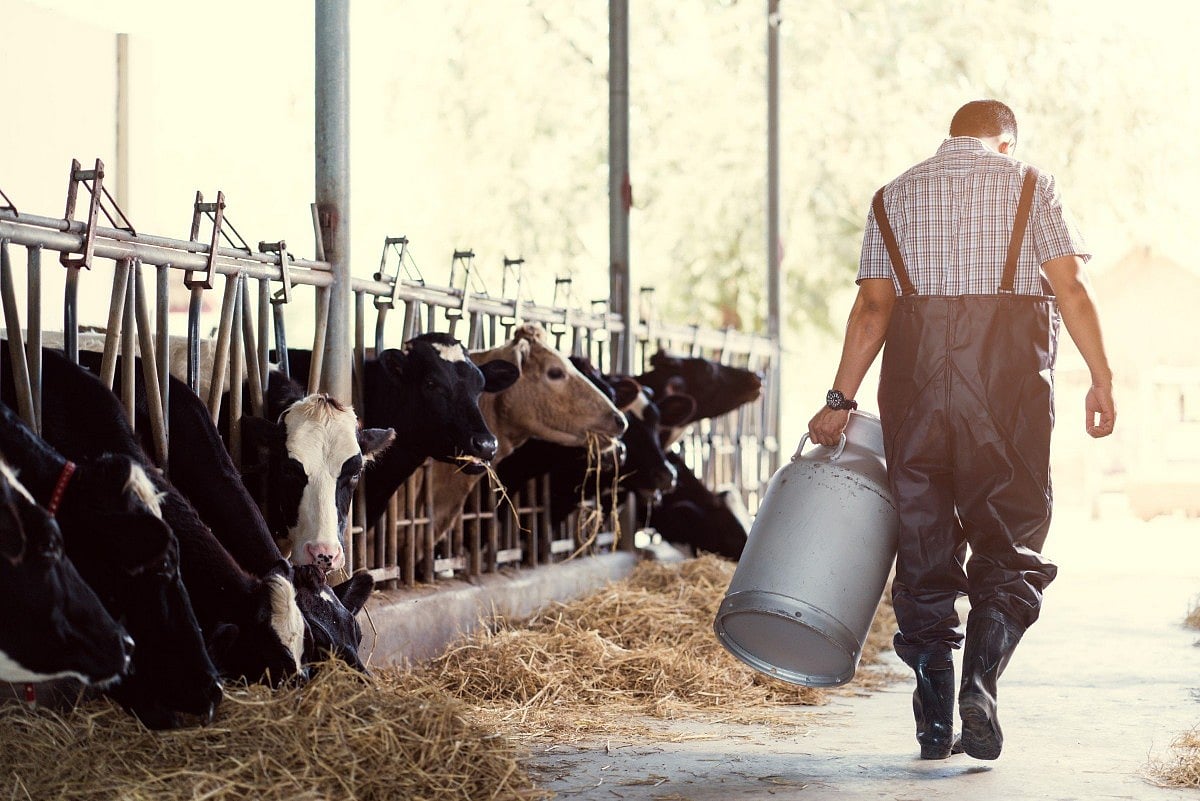Two-Way Messaging Available! Text Us At: (602) 840-0111
Download our NEW Mobile App!
Get Healthy!

- Posted August 29, 2024
First Cluster of Cases of Human Bird Flu Detected at Colorado Poultry Facilities
THURSDAY, Aug. 29, 2024 (HeathDay News) -- The first known U.S. cluster of cases of bird flu in humans has been recorded at two poultry facilities in Colorado, the Centers for Disease Control and Prevention (CDC) reported Thursday.
The nine infected workers experienced mild symptoms only, and all were infected through close contact with sickened poultry, not person-to-person, the CDC said.
"The identification of these cases highlights the ongoing risk to persons who work in close contact with infected animals," said a team led by CDC investigator Dr. Cara Drehoff.
The newly identified cluster brings to 13 the number of known cases of U.S. human infection with the H5N1 avian flu virus since April of this year, with nine cases linked to work with poultry and four to dairy cattle, according to the CDC.
Other cases have already been detected in dairy farm workers. Bird flu is now thought to be common among U.S. dairy herds.
The new cluster among poultry workers was spotted last month in two egg-producing facilities in the same Colorado county.
"In July 2024, the Colorado Department of Public Health & Environment responded to two poultry facilities with HPAI A(H5N1) virus detections in poultry," Drehoff and team explained.
The affected flocks were slated for culling, and health workers screened 663 workers employed to help with that effort for any symptoms that might point to bird flu.
A total of 109 (16.4%) of the workers did report symptoms and also agreed to be tested.
Nine workers (8.3%) were found to be infected with H5N1 avian flu, the researchers said. All had "mild" illness, involving fever and chills in six cases, with the most common symptom being conjunctivitis ("pink eye").
Most important, no cases of human-to-human transmission of bird flu were detected: "All [affected workers] reported direct contact with sick or dead poultry during [culling] and carcass disposal activities," the CDC team said.
A mutation that would allow H5N1 avian flu to pass easily between people could spark a pandemic, scientists have long warned.
Health workers gave affected patients oseltamivir (Tamiflu) to help treat their infections.
At one egg-producing plant, compliance with worker personal protective equipment (PPE) was low, so health officials provided the plant with goggles, gloves and face masks to help prevent H5N1 transmission. In addition, oseltamivir was given to all workers at the facility to help prevent infection.
Workers at the second affected plant had "high PPE compliance," but when 44 workers involved in the poultry cull showed symptoms that might point to infection, they were also given oseltamivir as a preventive measure.
Also, because most of the workers at the two plants were Spanish-speaking, the Colorado health workers " visited both facilities to distribute cards providing information in English and Spanish about symptoms of avian influenza A virus infection in humans, where to seek care if workers became ill, and information for health care providers regarding workers’ exposure to H5N1-infected poultry."
This outbreak was contained quickly and seemed to pose no threat of a pandemic. However, as more sporadic cases of avian flu in humans working closely with animals emerge, a quick and through response by health care workers is needed, the CDC team said.
U.S. public health agencies should prepare to rapidly investigate and respond to illness in agricultural workers, including workers with limited access to health care, Drehoff and her team concluded.
The new findings were reported Aug. 29 in the CDC journal Morbidity and Mortality Weekly Report.
More information
Find out more about H5N1 bird flu at the World Health Organization.
SOURCE: Morbidity and Mortality Weekly Report, Aug. 29, 2024





